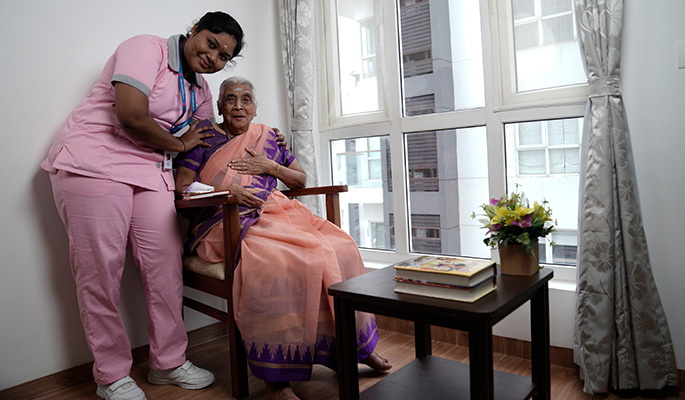Ensuring Quality Care Round-the-Clock: 24-Hour Nursing Care in Bangladesh
In Bangladesh, the demand for reliable and high-quality healthcare services, especially 24-hour nursing care, has been steadily rising. With an aging population and an increasing prevalence of chronic illnesses, there’s a growing need for comprehensive care that extends beyond traditional hospital hours. Fortunately, the healthcare landscape in Bangladesh is evolving to meet this demand, with facilities now offering round-the-clock nursing care to cater to the diverse needs of patients.
One of the key advantages of 24-hour nursing care is its ability to provide continuous monitoring and support to patients, ensuring their safety and well-being at all times. Whether it’s administering medication, managing symptoms, or providing emotional support, trained nurses are available around the clock to address the evolving needs of patients. This level of attentiveness is particularly crucial for individuals with complex medical conditions or those recovering from surgeries who require constant supervision and assistance.
Moreover, 24-hour nursing care promotes seamless continuity of care, bridging the gap between inpatient and outpatient settings. Patients transitioning from hospitals to home or other care facilities often require ongoing medical attention and rehabilitation. By offering round-the-clock nursing care, healthcare providers can ensure a smooth transition for patients, minimizing the risk of complications and readmissions.
Furthermore, the availability of 24-hour nursing care contributes to enhanced patient and family satisfaction. Knowing that their loved ones are being cared for by skilled professionals, even during the night or weekends, brings peace of mind to families. It fosters a sense of trust and confidence in the healthcare system, encouraging individuals to seek timely medical assistance without hesitation.
However, to ensure the effectiveness and sustainability of 24-hour nursing care in Bangladesh, several challenges need to be addressed. These include recruiting and retaining qualified nursing staff, investing in continuous training and professional development, and implementing robust systems for communication and collaboration among healthcare teams.
In conclusion, the provision of 24-hour nursing care in Bangladesh signifies a significant step towards improving healthcare accessibility and quality. By prioritizing patient-centered care and embracing innovation, healthcare providers can meet the evolving needs of the population, ensuring that individuals receive the support they need, whenever they need it.





